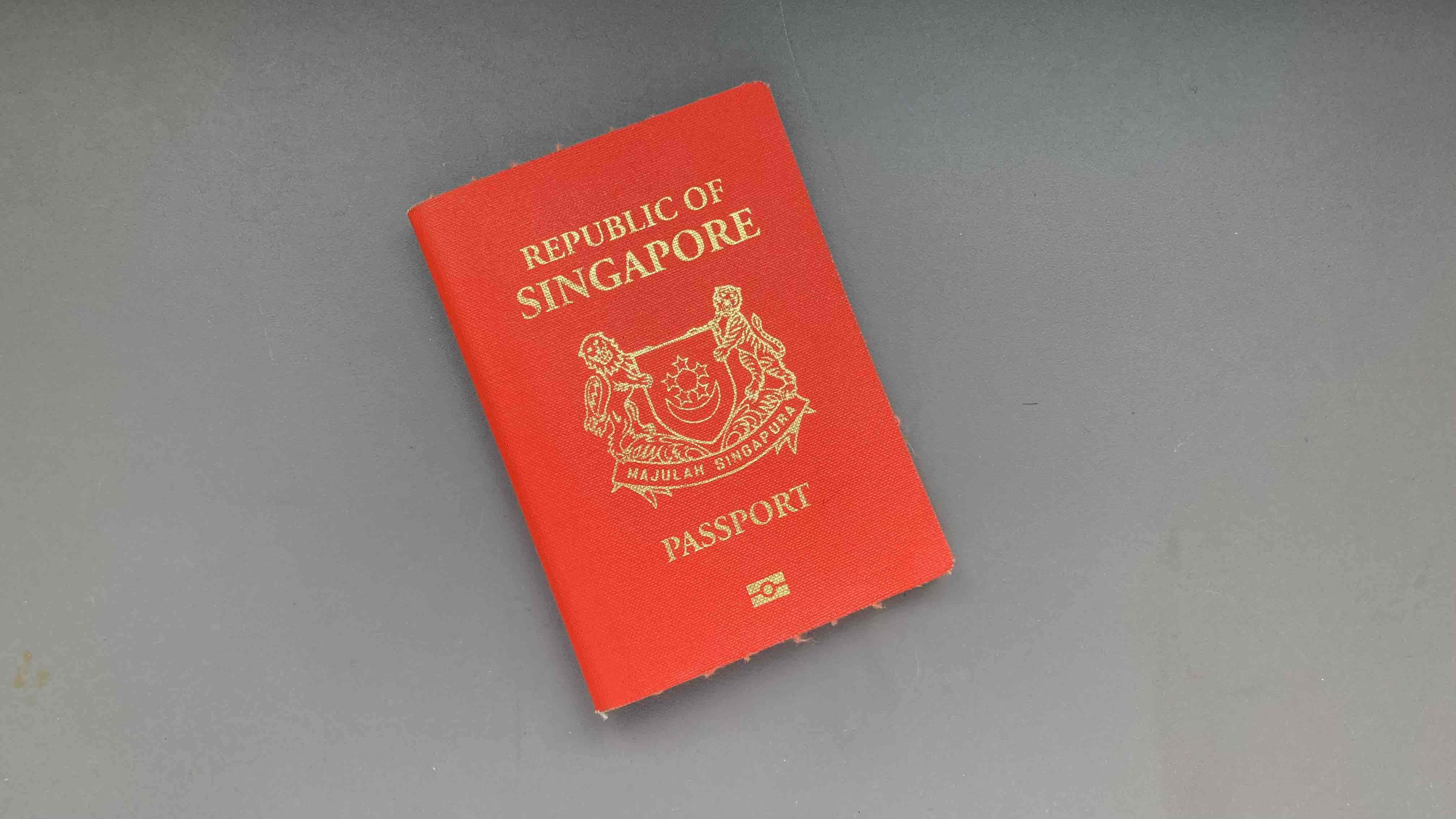.jpg)
A series of technical malfunctions involving Biman Bangladesh Airlines' Boeing and DHC Dash-8 aircraft over the past month has cast a shadow over the national flag carrier’s maintenance practices and safety standards. At least 10 incidents have been reported where Biman planes encountered technical issues either before or shortly after takeoff, severely disrupting operations and passenger confidence.
Currently, four out of the carrier’s 10 widebody planes remain grounded, including three Boeing 787s and one Boeing 777, leaving Biman with a strained fleet comprising six Boeing 787s, four Boeing 777-300ERs, four Boeing 737s, and five Dash-8Q400s. The shortage of operable aircraft has forced the airline to delay flights on key routes such as Dhaka–Kuwait and Dhaka–Chattogram–Dubai by up to 24 hours.
Prominent incidents include a Boeing 787 grounded in Rome on August 10 due to a flap fault that stranded 262 passengers overnight at Biman’s expense. On August 11, a Dash-8 flight returned to Dhaka just 21 minutes into its journey to Chattogram because of extreme cabin heat. Other mid-air issues involved excessive engine vibration, multiple malfunctioning toilets, and sudden aircraft returns from flights destined for Bangkok, Abu Dhabi, Singapore, and Dammam.
Behind the scenes, concerns mount over the airline’s technical maintenance capacity. Sources within Biman allege that essential scheduled checks and servicing have been improperly executed, compounded by a shortage of experienced engineers and spare parts. Engineers themselves reportedly feel overburdened and fatigued by the workload.
Investigation committees have been established to look into the problems, with mandatory comprehensive technical inspections now required before any flight departure.
Senior Biman pilots have voiced alarm, stressing that the airline’s scheduling system is on the brink of collapse, unable to guarantee aircraft availability. Some leased Boeing 737 planes from 2010 remain plagued by persistent faults even after undergoing heavy maintenance, triggering repeated flight returns.
Aviation expert and former Biman board member Kazi Wahidul Alam warns that the ongoing crisis could lead to disaster if not resolved quickly, noting the erosion of passenger trust just as Biman attempts to rebuild its reputation.
Though Biman’s spokesperson ABM Raoshan Kabir acknowledges the troubling frequency of technical setbacks, he insists passenger safety has never been compromised. "Even if a small issue is detected, an aircraft will not fly until the problem is fully resolved," he affirmed, citing ongoing thorough investigations by skilled engineers.
Industry insiders suggest it may be time for Biman to reconsider its heavy reliance on the Boeing Component Services Program and instead invest in developing its own spare parts management strategy backed by robust engineering and financial analysis, signaling a critical moment for the national carrier’s future maintenance and operational integrity.
These recent incidents highlight the urgent need for enhanced maintenance rigor and resource allocation at Biman Bangladesh Airlines to restore confidence among its passengers and safeguard its operational reliability in highly competitive skies.

.jpg)
.jpg)
.jpg)
.jpg)


.jpg)
.jpg)
 (1).jpg)
.png)
.jpg)




.jpg)
.jpg)
.jpg)

.jpg)




.jpg)
.jpg)
.jpg)
.jpg)






.jpg)

.jpg)
.jpg)





 (1).jpg)
.jpg)
.jpg)
.png)















.jpg)
.jpg)
.jpg)